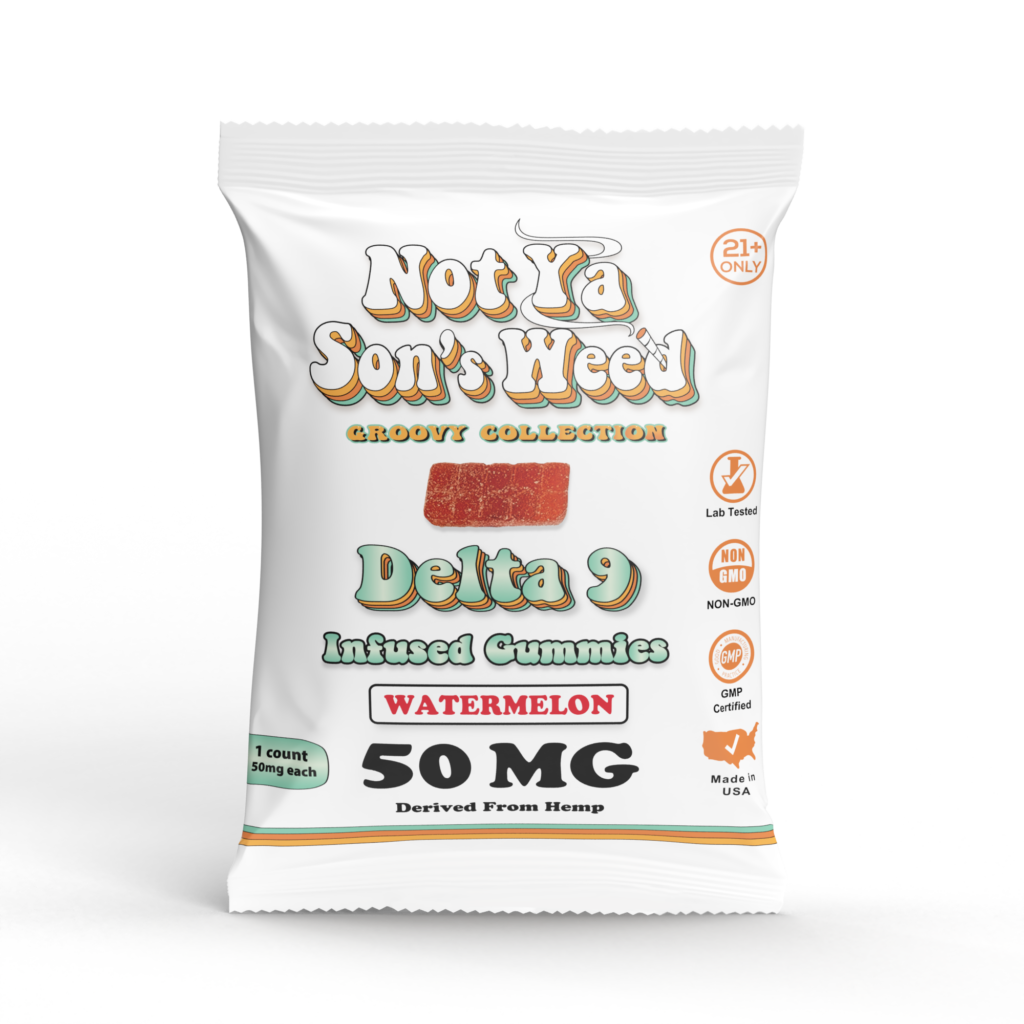

THCV vs THC
Tetrahydrocannabinol, or THC, stands as the flagship compound within the cannabis plant. It is primarily known for its psychoactive effects. Upon consumption, THC interacts with the endocannabinoid system in the body. Particularly THC binds to the CB1 receptors in the brain. This interaction alters neurotransmitter release, leading to a cascade of effects including euphoria, relaxation, altered perception of time, and heightened sensory experiences. THC‘s psychoactive properties have made it a cornerstone of recreational cannabis use. This cannabinoid offers users a sense of euphoria and relaxation. However, beyond its recreational appeal, THC also holds potential therapeutic benefits. Research suggests it may aid in pain relief, muscle relaxation, and appetite stimulation, making it of interest in medical cannabis applications.
Tetrahydrocannabivarin, or THCV, emerges as a lesser-known cannabinoid found in trace amounts within select cannabis strains. Despite its structural similarity to THC, THCV offers distinct effects and properties. Early research on THCV suggests it may hold promise in various therapeutic applications. Unlike THC, which typically stimulates appetite, THCV may actually act as an appetite suppressant. Therefore, THCV may potentially aid in weight management and diabetes control. Furthermore, preliminary studies hint at THCV’s potential neuroprotective effects, suggesting it could be beneficial in managing neurological disorders such as Parkinson’s disease and Alzheimer’s disease. While more research is needed to fully understand THCV’s mechanisms and therapeutic potential, its unique properties make it an area of growing interest within the medical cannabis community.
In comparing THCV vs THC, it becomes evident that these cannabinoids offer contrasting effects on the body. While THC induces feelings of euphoria and relaxation, THCV may offer a more clear-headed and energizing experience. Additionally, while THC is known for its appetite-stimulating properties, THCV may act as an appetite suppressant. THCV may potentially aid individuals seeking weight management or appetite control. Furthermore, THCV’s potential neuroprotective properties set it apart from THC. THCV offers a promising avenue for research into treatments for neurodegenerative diseases.

Both THC and THCV can be consumed through various methods, catering to individual preferences and needs. Traditional methods such as smoking and vaping allow for rapid onset of effects. This makes them popular choices for recreational users seeking immediate relief. Edibles, including gummies and chocolates infused with THC or THCV, provide a convenient and discreet option for consumption. Although, any gummy or edible comes with a slower onset time and longer-lasting effects. Additionally, oils and tinctures offer precise dosing and versatility, allowing users to tailor their cannabis experience to their desired effects.

THCV gummies have recently gained popularity among cannabis enthusiasts seeking to explore the unique effects of this cannabinoid. Furthermore, THCV gummies offer precise dosing and longer-lasting effects compared to traditional consumption methods. Additionally, THCV gummies provide a convenient and discreet option for users interested in harnessing its potential therapeutic benefits. THC gummies, on the other hand, remain a staple in the cannabis market, providing users with a predictable and enjoyable way to consume THC without the need for smoking or vaping. Both THC and THCV gummies offer a convenient and tasty option for cannabis consumption, catering to a wide range of preferences and needs.
Decoding the nuances between THCV vs THC allows individuals to make informed decisions regarding their cannabis consumption. While THC remains the primary focus for many recreational users, THCV presents an intriguing avenue for exploration, particularly in the realm of medical cannabis. Understanding the unique effects and properties of each cannabinoid enables users to tailor their cannabis experience to better suit their individual needs and preferences, ultimately enhancing the overall enjoyment and therapeutic potential of cannabis consumption. As research into cannabinoids continues to evolve, so too will our understanding of their diverse effects and potential applications.
If you are 21 and up, you belong here. The statements made regarding these products have not been evaluated by the Food and Drug Administration. The efficacy of these products has not been confirmed by FDA-approved research. These products are not intended to diagnose, treat, cure, or prevent any disease. All information presented here is not meant as a substitute for or alternative to information from health care practitioners. Please consult your health care professional about potential interactions or other possible complications before using any product. The Federal Food, Drug, and Cosmetic Act requires this notice.